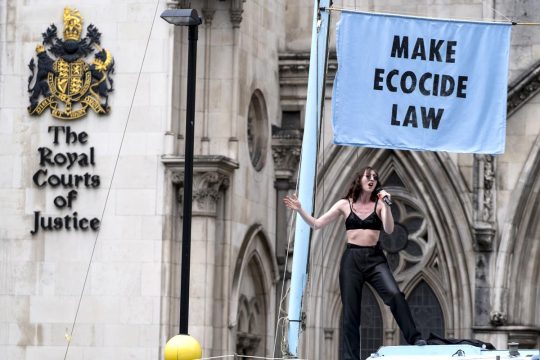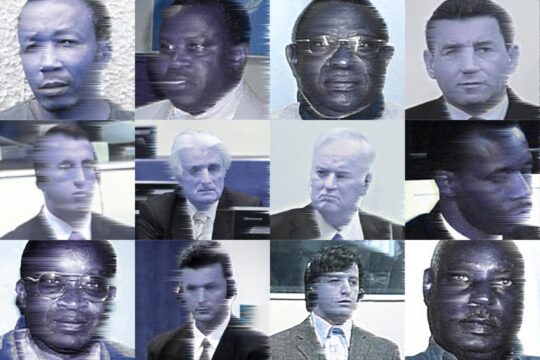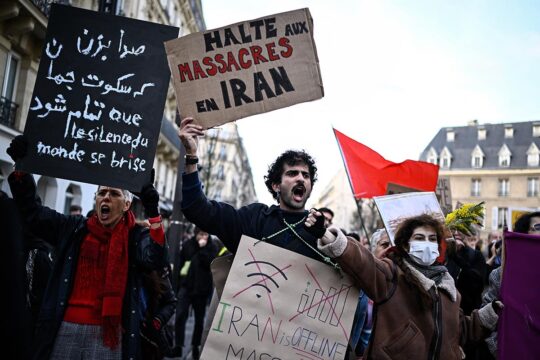To listen to the podcast, click on the "play" button below:
There is a new treaty in town! The new Ljubljana-The Hague Convention, or MLA Treaty, aims to bring swifter justice to those alleged of the most serious international crimes. This week we look at how the new convention came about and what it aims to do.
With a focus on international cooperation and accountability, the new MLA treaty aims to fill a gap in international law by obliging states to assist each other in cases involving genocide, crimes against humanity and war crimes.
The first major international treaty on international criminal law since the ICC’s 1998 Rome Statue, it has a particular focus on victims’ rights and allows for extradition and mutual legal assistance in the collection of evidence and the interviewing of witnesses.
Ten years in the making, it is expected to be ratified in The Hague in early 2024. Initiated by a core group of states including the Netherlands, Belgium, Slovenia, Argentina, Senegal and Mongolia, it was adopted by over 70 countries in Ljiblijana in May this year.
We sat down to chat with two people involved in the shaping of this newly adopted convention, Raquel Saavedra from the International Commission of Jurists and Vaios Koutroulis from Université Libre de Bruxelles.
 ASYMMETRICAL HAIRCUTS
ASYMMETRICAL HAIRCUTS
This podcast has been published as part of a partnership between JusticeInfo.net and Asymmetrical Haircuts, a podcast on international justice produced from The Hague by journalists Janet Anderson and Stephanie van den Berg, who retain full control and independence over the contents of the podcast.







